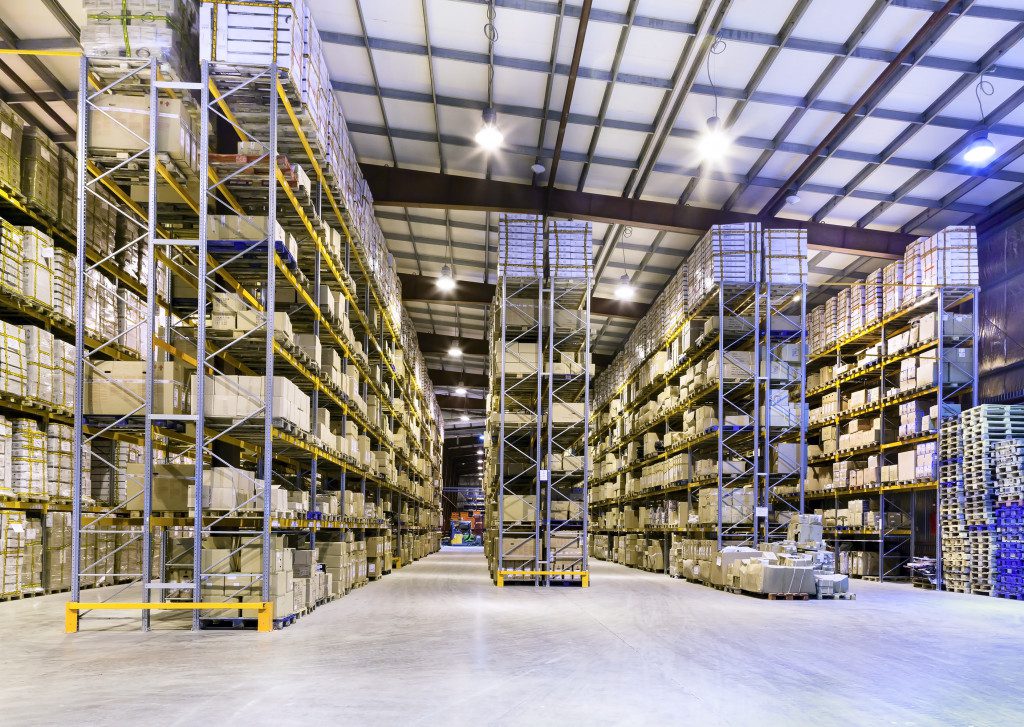- Building a construction company promises financial gains but necessitates careful planning and preparation.
- Securing funds through various means is vital to cover significant upfront costs in the construction industry.
- Procuring reliable supplies, like steel, concrete, and lumber, ensures quality project delivery and timely completion.
- Hiring a competent team with the right skills, work ethic, and communication ability is crucial for success.
Starting your own construction company can be a profitable endeavor. According to IBISWorld data, the construction industry’s projected annual growth rate from 2021 to 2026 is 1.5%, signifying a robust sector. In 2020, despite the pandemic disruptions, U.S. construction companies’ net profit margin averaged around 9.2%. Furthermore, a Small Business Administration report showed that small-scale construction firms, on average, had a net profit of 6.6%. Establishing a construction company can yield significant financial gains, and industry trends indicate a promising future.
However, building a construction firm requires a lot of preparation, especially in the initial stages. Here are a few steps to follow when creating your construction company:
Secure Your Business Funds

Securing adequate business funds is paramount when starting your construction company. It allows you to purchase necessary equipment and materials and provides the working capital needed for day-to-day operations such as payroll, marketing, and office expenses. In the construction industry, where large-scale projects often require significant upfront costs, having a solid financial base can be the difference between success and failure.
There are several ways to secure funding for your construction startup. Traditional bank loans are a standard option, but remember that they often require a strong credit history and collateral. You may also consider applying for a Small Business Administration (SBA) loan, which typically offers lower interest rates and longer repayment terms. Additionally, you could seek out angel investors or venture capitalists interested in investing in your industry.
Alternatively, crowdfunding platforms can provide a unique way to raise capital and simultaneously create awareness about your company. Lastly, remember that investing in personal savings or seeking financial help from friends and family can also provide initial funding. Still, these options should be cautiously approached due to the potential for personal financial risk or strained relationships.
Get Essential Suppliers

Securing supplies of construction materials is a critical step in establishing your firm. These materials are the foundation of your projects, enabling you to deliver quality work that meets industry standards. Thus, having reliable industrial metal supply vendors and other material suppliers is crucial to ensure smooth operations and timely project completion.
Steel
Steel is an essential material in construction for its strength and durability. It’s widely used in structures for its ability to withstand extreme conditions. An industrial metal supply vendor will provide a wide range of steel types to meet the specific needs of your projects.
Concrete
Concrete is another fundamental construction material due to its versatility. It’s used in everything from foundations to walls, and a reliable concrete supplier can provide various mixes tailored to your specific project requirements.
Lumber
Lumber is crucial for various construction tasks, from framework to interior finishing. A high-quality lumber supplier will offer many options, including multiple wood types and dimensions.
Plumbing & Electrical Supplies
Every construction project involves some plumbing and electrical work. Reliable suppliers of these materials can provide everything from pipes and wires to fixtures and fittings, ensuring you have everything you need to finish these crucial aspects of a project.
Of course, construction materials are not the only supplies you’ll need for your business. Office supplies, tools and equipment, safety gear, and marketing materials are essential to keep your operations running smoothly.
Hire a Competent Team
Hiring a competent team is one of the most crucial aspects of building a successful construction company. Skilled, dedicated, and reliable construction workers are the backbone of your operations. They are the ones who will translate your architectural plans into physical structures and are paramount to maintaining the quality of your work, meeting project deadlines, and ensuring job-site safety.
When looking to hire the right construction workers for your team, there are several factors to consider:
Experience and Skills
Look for workers who have experience relevant to the types of projects your company handles. They should possess the technical skills required for the job, whether carpentry, masonry, electrical work, or plumbing. Consider their familiarity with construction equipment, building codes, and safety protocols.
Work Ethic
An employee with a strong work ethic is a valuable asset. They will be punctual, dependable, and committed to doing their best, which promotes productivity and minimizes avoidable delays.
Teamwork and Communication
Construction projects require a high level of coordination and communication among team members. Hence, look for individuals who can effectively collaborate with others and express their ideas or concerns clearly.
Training and Certifications
Having workers with professional certifications or formal training can be beneficial. These certifications prove their competence in a specific trade, which can enhance your company’s credibility.
By carefully considering these factors, you can assemble a team that will contribute to the success of your construction company, ensuring the delivery of high-quality projects, promoting a safe working environment, and enhancing customer satisfaction.
Final Thoughts
Starting a construction company requires careful planning, hard work, and dedication. Be prepared to face various challenges, from securing funding to finding reliable suppliers and hiring the right team. But with persistence and determination, you can build a successful construction business that provides value to your clients and financial rewards for yourself. Remember to continually assess industry trends, adapt to changes in the market, and maintain open communication with your team and clients to ensure continued success.


